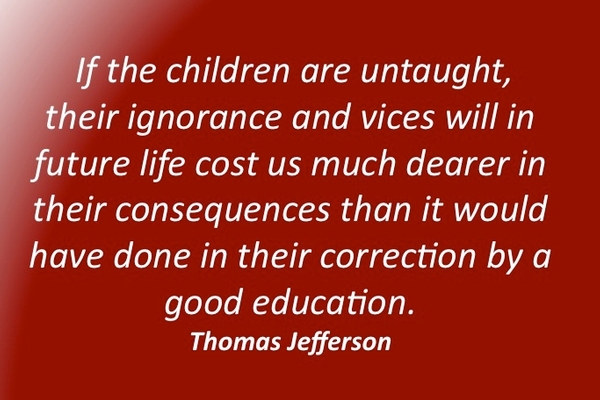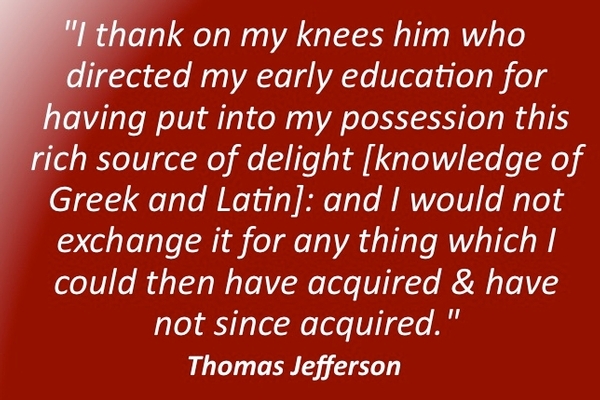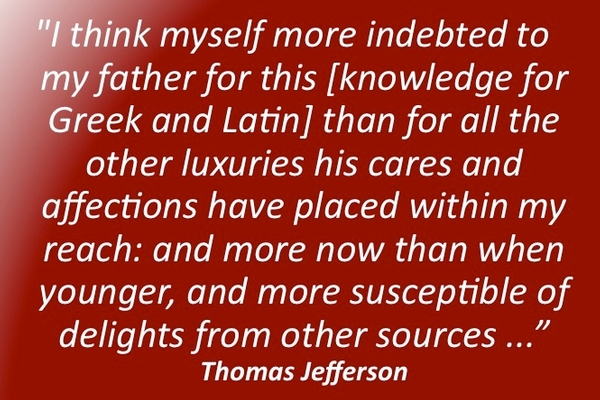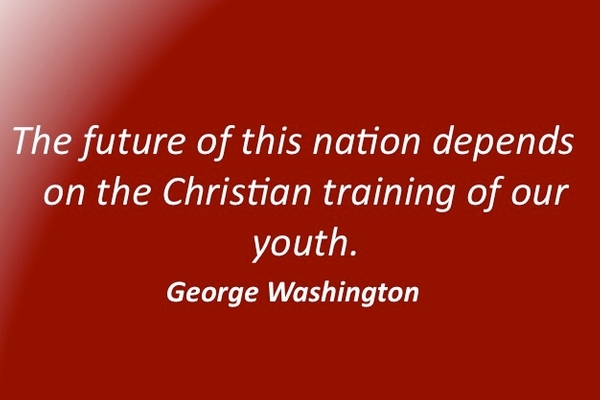Classical Christian Education
AN OVERVIEW
The classical method was born in ancient Greece and Rome, was used throughout the Western world by the 16th century, and remained the norm until at least 1850. The reason for its widespread use? It works. The world’s great authors, statesmen, scientists and politicians (including many of America’s founding fathers) were classically educated. For the last 50 years, conventional education has taken an experimental attitude trying a new approach and then abandoning it for the next great thing when it fails. Meantime, in the 1940s, Dorothy Sayers advocated a return to classical education and to teaching students how to think. Instead of the latest fad, classical education is a return to a system proven for more than 1,000 years. The Association of Classical and Christian Schools includes over 250 classical Christian schools across the country, with more opening each year.
THE CLASSICAL METHOD
Classical education uses history — from ancient to modern — as its organizing theme. Other subject areas are linked to history. For example, a student studying ancient Greece in history will read the literature of ancient Greeks, such as The Iliad and The Odyssey, works of ancient poet Homer. Art class might focus on drawing perspective using examples of classical Greek architecture. Related math and science topics could include a discussion of prolific Greek mathematician Archimedes’ inventions. Students learn through written and spoken words instead of through images such as pictures and videos. Such language-based learning requires the mind to work harder. Much modern education is so eclectic that the student has little opportunity to make connections between past events and the flood of current information. Classical schoolmaster David Hicks writes that the classical curriculum allows even the youngest student a chance to make connections and exercise his mind in a scholarly way. Finally, although history is the backbone, no core subject is neglected.
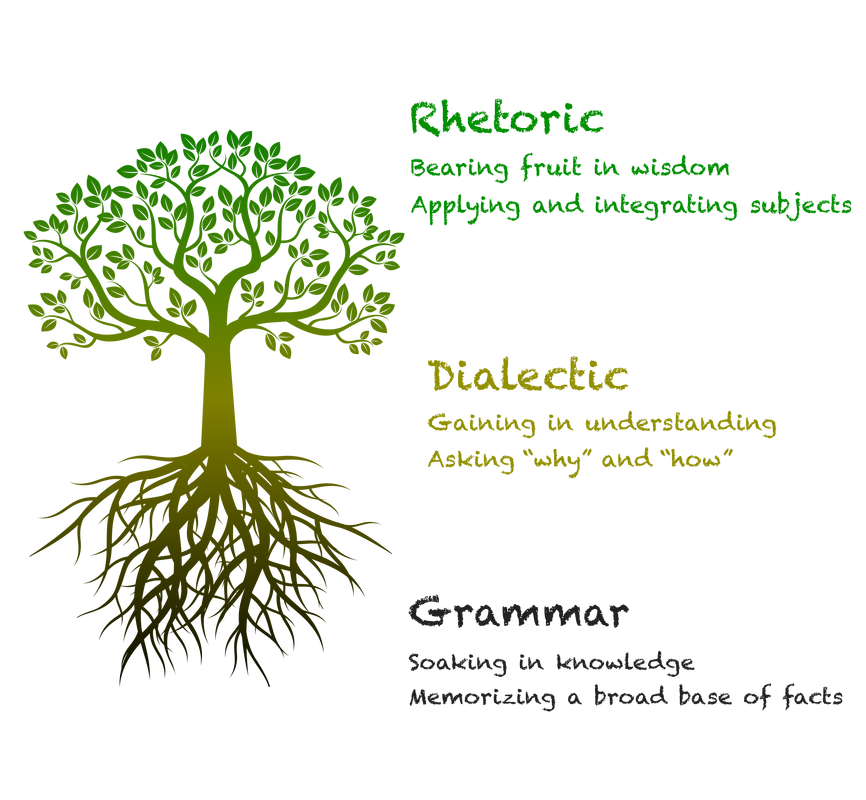
Classical education follows a three-part pattern known as the Trivium: the mind first must be supplied with facts; then given the logical tools for organizing those facts; and finally equipped to express conclusions. Students throughout all grade levels benefit from each method of teaching. Classical education works because it focuses on the way children learn best at each stage of life, then builds on the foundation of previous stages. New students, however, can be successfully integrated at any grade.
In the Grammar (elementary) stage, students enjoy memorizing and naturally absorb information. Through songs, rhymes and jingles, children learn the factual foundations of each subject. They learn rules of phonics, spelling and grammar; stories of history and literature; facts of math; descriptions of plants and animals; the vocabulary of foreign languages and more. They begin diagramming sentences in first grade and start Latin in third grade.
In the Dialectic/Logic (middle school) stage, teachers channel students’ natural desire to argue through the formal study of logic. Students are interested in cause and effect, relationships between different fields of knowledge, and the way facts fit together in a logical framework. Students analyze, evaluate and critique information. Students discover why the War of 1812 was fought instead of simply reading the history. The logic of science requires that children learn the scientific method. They learn persuasive writing and guided critical analysis.
In the Rhetoric (high school) stage, students have acquired knowledge and the skills necessary to arrange facts into arguments. Now, they develop the skills needed to communicate those arguments to others through writing and speech. Students research important themes and present those concepts in papers and speeches. They begin the study of classical Greek in ninth grade. In the Humane Letters class, students use the Socratic method, which encourages deep discussion and debate. The Humane Letters class is cross-curricular, spanning lessons from English, history, theology, philosophy and more. Rhetoric students explore career options. Classically educated students are well-prepared for college, for careers, and will continue to benefit from their early education throughout their lives.
We encourage further reading. Please visit our Online Resources section for links to articles and to download the booklet: “An Introduction to Classical Education: A Guide for Parents.”

